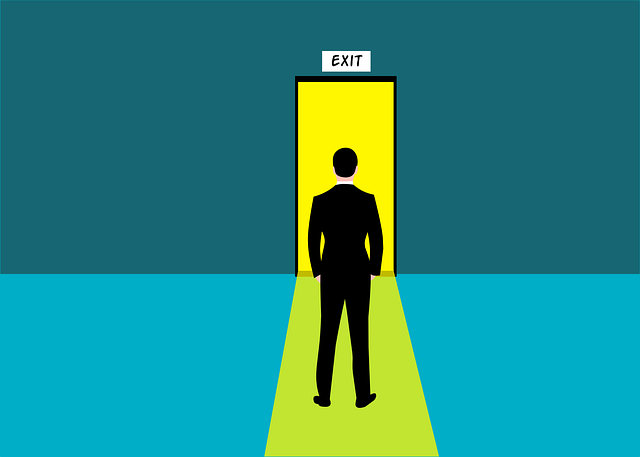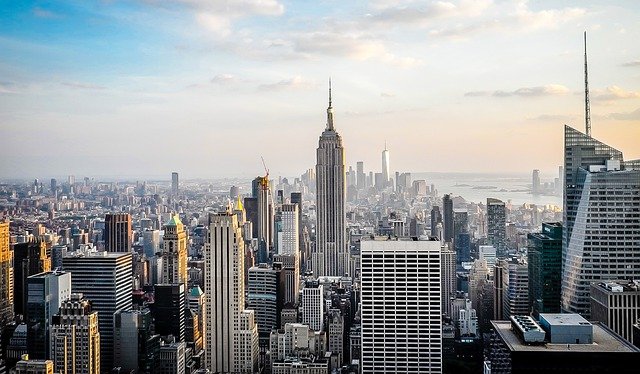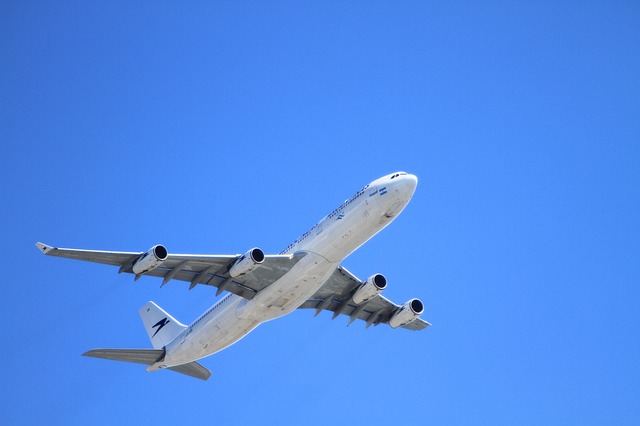As 2022 comes to a close, businesses are assessing their ups and downs. It is no secret that Fortune 500 companies have had a very difficult year. The result, though, is somewhat unexpected.
Many top executives are leaving their longtime positions. CEOs have made exits from huge corporations, such as Starbucks, FedEx, Disney, Kohl’s, AMC, Salesforce, and more. The bigger problem is what comes next. It’s become clear that many of these entities have never put a succession plan in place. And, with global markets on the verge of entering a recession, the timing for this unpreparedness is less than ideal.
There were reportedly 774 CEO exits between January and June 2022. This is the highest first half total in 20 years, since the Challenger, Gray, & Christmas outplacement firm started keeping track. By the third quarter of 2022, resignations slowed down, but there was another spike of high-profile exits just this month.

Without a succession plan, companies suddenly find themselves racing to find a replacement CEO. Conducting this type of search under such pressured terms usually doesn’t bode well. Investors are hit with a mixture of surprise and fear, and stocks prices can take a toll. When Salesforce’s co-CEO Bret Taylor resigned last week, share sales shot down.
So, what can be done? A popular solution that companies have implemented is reinstating familiar faces. Both Disney and Starbucks brought back their former CEOs, offering reassurance to shareholders.
The long-term remedy, however, is to plan ahead. Public company board members made their voices heard in a recent survey saying that CEO succession plans need to be improved. Investors are also becoming blatantly aware of the impacts, with a reported $1 trillion per year loss in the S&P 1,500 directly related to C-suite exits.
While companies are busy devising goals for the coming year, it will be interesting to see how many truly internalize this pattern and strategize accordingly.

